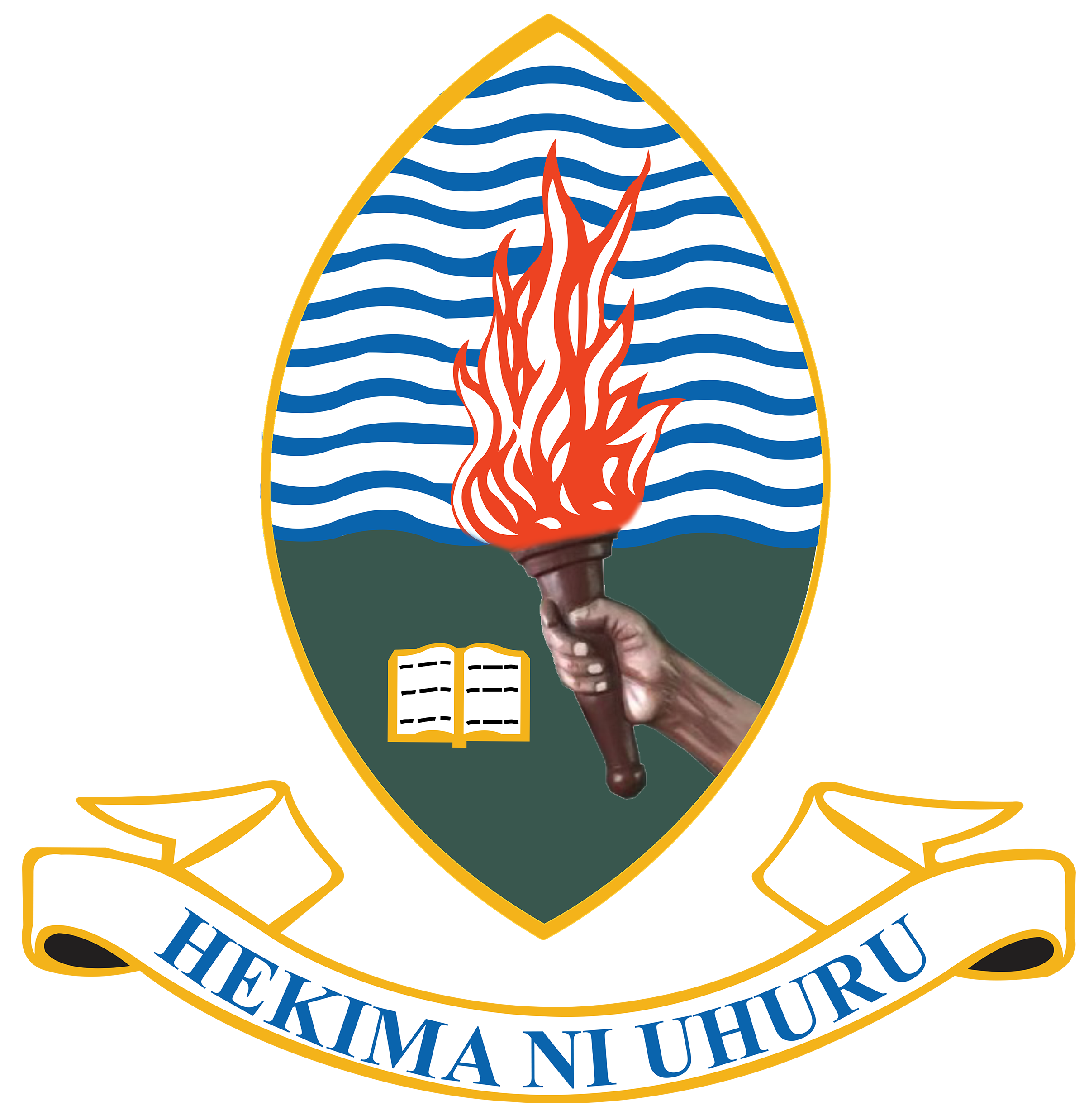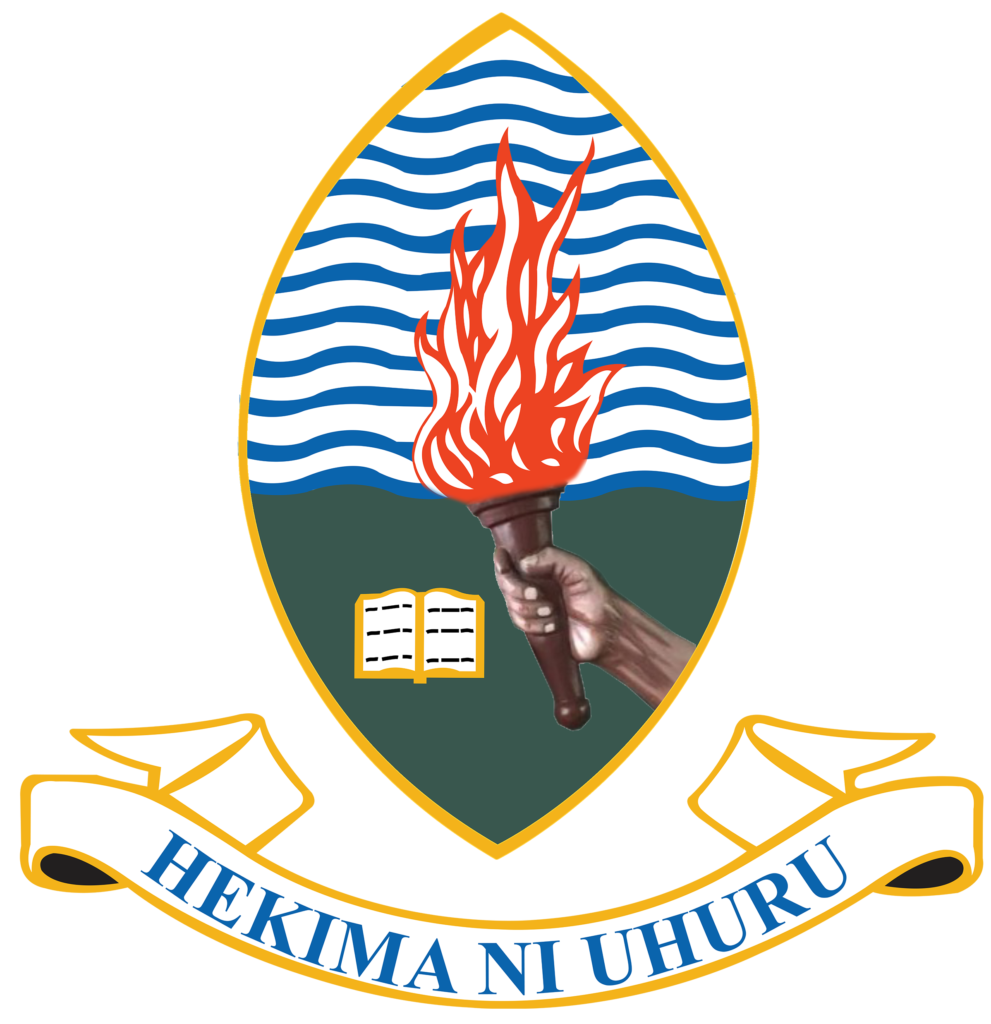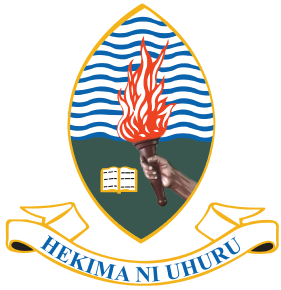Background:
The University of Dar es Salaam (UDSM) DHIS2 Lab provides continuous and sustainable technical support to the Ministry of Health and vertical programs on e-health systems in Tanzania. From year 2019 to 2020, the UDSM team participated in various activities to design, develop, and deploy two separate HoMIS, one of which is called AfyaCare, championed by the Ministry of Health to cater to the needs of regional referral hospitals only, while the Ministry of Local Government champions another one to cater to requirements for primary health care (PHC) facilities. In the former one, the team also developed a separate laboratory module integrated into AfyaCare. During the team’s involvement, several challenges were experienced from the current system, such as limited user skills, usability aspects, multiple source codes, databases, and metadata at different deployment sites, and scaling up deployment. These challenges necessitated developing an alternative tool that could address them.
Implementation method
The UDSM team started efforts to develop an alternative system called iCare to address the identified challenges in 2021 using agile and participatory approaches. iCare is an open source technology built on top of OPENMRS as an open source EMR system. The iCare is built using the AOP programming paradigm with Spring-Boot technology for the backend and Angular-12 for the frontend. To simplify the deployment process, explicitly setting up the system and running, which is also a challenge encountered while deploying one of the Ministry’s EMR systems, iCare uses Docker technology. With this technology, there is no need for server expertise when deploying iCare. One only needs the iCare Docker image for deployment.
Achievements
The iCare system with all its features, including a built-in DHIS2 integration module, has been deployed and used as a pilot in one private hospital with about 20 users and 2000 patients a month. The iCare Laboratory module is being used in 13 regional referral hospitals around the country, providing all the necessary laboratory processes required in the hospitals with standalone reports to aid day-to-day decision making. It is also used in one specialized skin clinic in Dar es Salaam.
The design and architecture of iCare have addressed the identified challenges, such as: DHIS2 Integration with facilities that hindered the availability of data to HMIS; User experience issues; decentralized metadata for usage across all deployments; Server administration complexity; System reliability; Multiple codebase hindering addition of features and bug fixes.
Next steps
We are looking forward to deploying iCare to more health facilities in different settings, while continuously researching and innovating to further discover and address challenges hindering digitization of health facilities in Tanzania. We envision a digital health system whereby all HoMISs are integrated with DHIS2 to ensure availability of HMIS data from all health facilities for easy data sharing, analysis, visualization and use.


